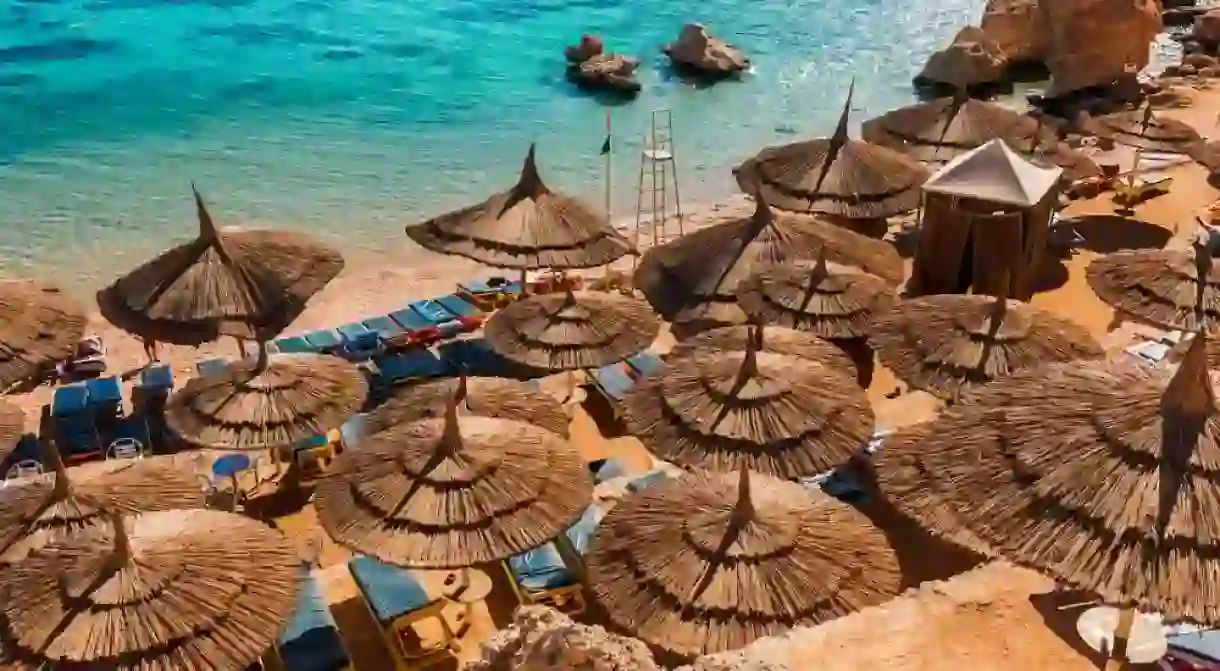Saudi Arabia to Relax Religious Laws to Grow Tourism

In an effort to increase tourism, Saudi Arabia has drawn up plans to open a beach resort where the country’s strict religious laws and conservatism will not apply.
The resort – to be called ‘The Red Sea’ – will form a semi-autonomous area and cover more than 200 miles across 50 islands off the western coast of the country.
Other countries along the Red Sea, such as Egypt and Djibouti, already make much of the opportunities for recreational diving that their coastlines offer. This new beach resort will strive to create a scenic area for travellers to enjoy Saudi Arabia without adhering to the country’s conservative regulations, such as gender segregation, which might otherwise be a deterrent.

In a statement issued on behalf of the crown prince, ‘The Red Sea’ resort promises to “offer visitors the opportunity to explore the hidden treasures of the Kingdom, including a nature reserve that boasts stunning diversity of flora and fauna, located at the foothills of the dormant volcano nearby.”
Another nearby attraction that may interest visitors is the Nabatean remains of Mada’in Saleh, an archaeological site that was once part of the same kingdom as Petra, in Jordan.

Saudi Arabia is already a popular destination with religious pilgrims. Over a million Muslims from around the world visit each year for Hajj, and millions more arrive for non-obligatory Umrah pilgrimages.
This isn’t the first time the conservative kingdom has attempted to attract non-religious tourists. In 2006, plans were announced to begin issuing tourism visas on a limited basis, to people arriving as part of tour groups.
Tens of thousands of Americans live and work in the country, mostly in the oil sector, and the population of foreign workers relative to the total population is significant, as is the case in the other oil-producing countries in the Gulf region. However, the first group of Americans to visit as part of the newly allowed tour groups didn’t arrive until 2009.

In the 1970s, Iran developed a region called Kish Island, to attract Western holiday makers. Kish is indeed a popular holiday destination today, but mostly among Iranians, who visit for its more relaxed social atmosphere.
Avoiding a similar outcome could be a challenge for the Saudi government.
Construction on The Red Sea project is set to begin in 2019, with an anticipated completion date of 2022.













